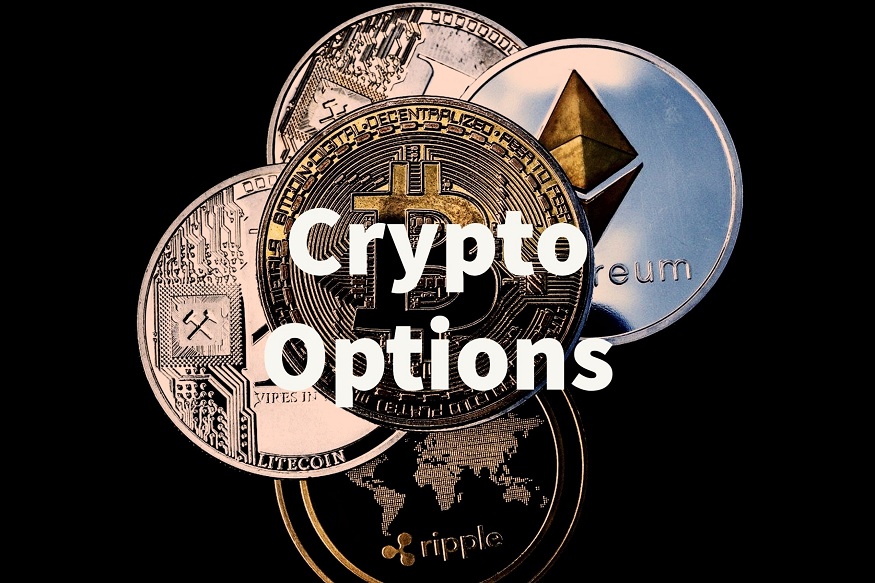Futures and options are both derivative instruments, meaning that their value is derived from the value of an underlying asset or instrument. One of the benefits of having alternatives is self-evident. An option contract gives the contract buyer the right, but not the duty, to purchase or sell a certain asset or financial instrument at a given price on or before a specific date in the future. That implies the option buyer’s maximum risk is restricted to the premium paid. There are many points that will justify futures vs options.
Futures, on the other hand, provide a number of substantial benefits over options. A futures contract is a legally binding agreement between a buyer and a seller to purchase or sell a commodity or financial property at a certain future month for a preset price. They are ideally suited to specific investments and types of investors, though they are not for everyone. In this article, we are going to know about futures vs options.
1. A Profitable Investment
Futures may not be the ideal method to trade stocks, but they are a great way to trade specialized assets like commodities, currencies, and indices. They’re especially handy for risk-averse retail investors because of their standardized features and high levels of leverage. Because of the significant leverage, those investors are able to engage in markets to which they may not otherwise have had access. This is an important point to know about futures vs options.
2. Fixed Upfront Trading Costs
Because margin requirements for key commodities and currency futures have remained essentially stable over years, they are well-known. When an asset is especially volatile, margin requirements may be temporarily increased, but they are usually stable from year to year. This implies that a trader understands how much initial margin is required ahead of time.
The option premium paid by an option buyer, on the other hand, might fluctuate dramatically depending on the volatility of the underlying property and the overall market. The premium paid by the option buyer increases as the underlying or wider market becomes more volatile.
3. No Time Decay
Futures have a significant advantage over options in this regard. Options are depleting assets, meaning their value diminishes with time, a phenomenon known as time decay. The time decay of an option is influenced by a variety of elements, one of the most important of which is the time to expiry. Time decay is something that an options trader must be aware of since it may significantly reduce the profitability of an option position or even transform a winning position into a losing one.
Futures, on the other hand, are not affected by the passage of time.
4. Liquidity
Another significant advantage of futures versus options is this. Most futures markets are quite deep and liquid, particularly in commodities, currencies, and indices that are widely traded. This results in tight bid-ask spreads and provides traders confidence that they may enter and exit positions as needed.
Options, on the other hand, may not always have enough liquidity, especially if they are far from the strike price or have a long expiration date. Thus this is an important point to know about futures vs options.
Conclusion
This article made you justify futures vs options. Futures and options are typical derivatives contracts used by hedgers and speculators on a wide range of underlying assets. Futures offer many more benefits than options, including being easier to comprehend and value, allowing for wider margin utilization, and being more liquid.
While the benefits of options over futures are minimal such as futures over options provide advantages such as appropriateness for trading particular assets, fixed upfront trading fees, absence of time decay, liquidity, and a simpler pricing methodology.

